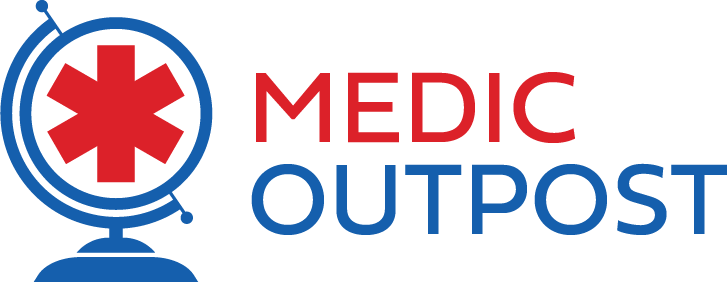A Few Days with the Maasai
Maasai lands, Kajiado District, Kenya
Often there was no visible signs of a road in the hard packed red soil of the Kajiado District. No tracks or ruts were visible to me in this drought impacted semi-desert landscape. Only our colleague and friend Moshack, who lives the village could navigate this maze of scrub and stream wash outs. We were heading to Olosinya. Olosinya is a small cluster of villages in the middle of Nyiri Desert of Southern Kenya. There is about a 1000 or so Maasai that claw out a meager existence from by raising cattle and goats. The region had no significant rainfall in over two years. The drought has taken a toll on the wildlife which include giraffe, gazelle, ostrich and elephant. Many of the Maasai’s prized cattle have also died from the lack of water and vegetation. The Maasai are grazers and do very little farming even in the wet times. This only compounds their plight in a long dry stretch. Maasai will often graze their cattle for many miles to try and find enough for them to eat. Women and children are usually left in the Manyattas or the mud huts. Manyatta are usually surrounded by piles of thorn bushes that form a fence and protection from the predators. Cattle are a form of currency in this land and are not eaten. Goats are the main high protein staple for the Maasai. This is supplemented with some rice and corn meal provided in trade or with aid agency support. It is not a life for the fainthearted.
The Medic Outpost mission is to begin an outreach program in the bush for these people. The goal at Medic Outpost is to develop healthcare capacity within the remote and isolated communities. We have been very successful in training local people how to treat life threatening emergencies and identify illness within the community when they are miles for any medical care. Many of these people have to walk over 10 miles to the clinic that has few resources. You can imagine the hardship of carrying a grandmother or a child that far. Olosinya is our first stop on our quest to help the Maasai take care of themselves. They have a clinic that services the outlying villages in the 150 square mile area. Mr. Kwa Wengine is the clinical officer at the lkelonyeti clinic. His training is similar to a nurse practitioner in the US. Unfortunately, the clinic has few resources and very little medication. Medication is needed that is specific the chronic healthcare needs of these people. During our three days working in the Kajiado, we identified serious chronic health issues from Hypertension and diabetes to malnutrition and infection. There is a traditional belief that these chronic health problems do not exist with these people. Due to this misguided belief, these conditions are not tested for in the community. It is an important task for Medic Outpost to bring these conditions to light. Mr. Wengine grew up in the area and speaks the Maasai dialect Maa. This is language skill is essential to develop healthcare for these people and presents another challenge for our Outpost team. Medication is needed along with other equipment for the clinic. Medic Outpost also identified a need for midwife training and supplies. This will prove a challenge for us since the midwives in the area are very traditional. Fortunately, we have experience in Latin America with a similar situation.
These people are very proud and giving. The local church is the center of the community and were very supportive of our work. We hope to expand our operations in the Kajiado district in 2023 and provide more support and capacity building using the Community Health Volunteers. Sarah and I will be returning in the early Spring to develop our programs. If you would like to find out more about this program or be a part of it as a volunteer or sponsor, please contact Larry Hill at larry.hill@medicoutpost.org.

